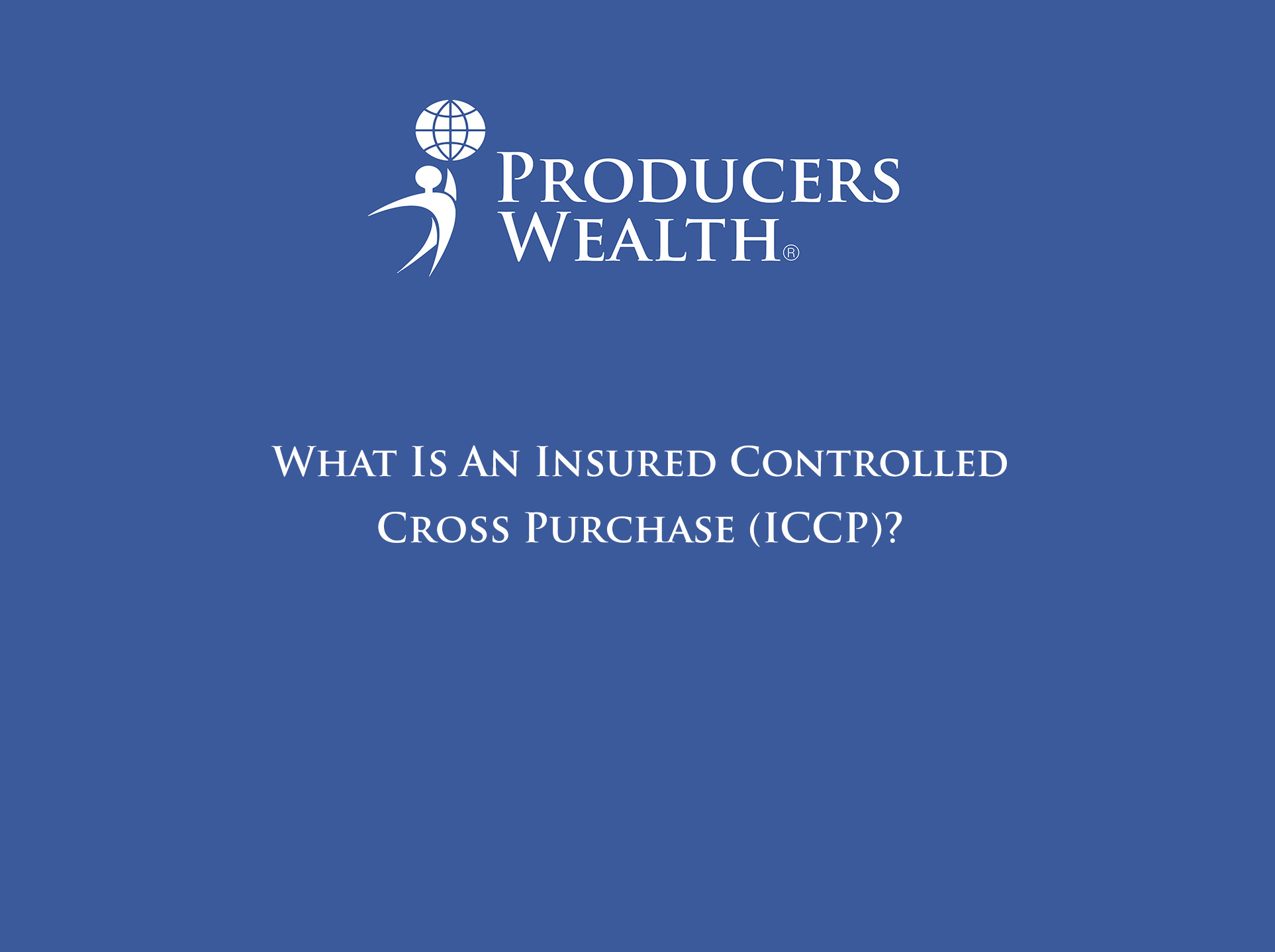
Policyholders of life insurance policies with a mutual life insurance carrier benefit from various protections to ensure their interests are safeguarded. Some of these protections include:
Legal ownership: As a policyholder of a mutual life insurance company, you have legal ownership in the company. This means that the company operates with the best interests of its policyholders in mind, rather than focusing solely on shareholder returns.
Dividend participation: Mutual life insurance carriers often distribute profits to policyholders in the form of dividends. Although dividends are not guaranteed, they can enhance the cash value growth and overall return on your policy. This profit-sharing mechanism helps align the interests of the company with those of its policyholders.
State insurance regulations: Life insurance companies in the United States are regulated at the state level. These regulations are designed to protect policyholders by ensuring that insurance companies maintain adequate financial reserves, follow fair business practices, and provide accurate information about their products. State insurance departments also oversee the licensing of agents and brokers and can assist with consumer complaints and disputes.
Guaranty associations: In the event that a life insurance company becomes insolvent or is unable to fulfill its obligations, state guaranty associations provide a safety net for policyholders. These associations are funded by the insurance industry and offer limited protection for policyholders, typically covering a specified maximum amount for death benefits and cash value. The exact coverage limits vary by state, and it’s important to note that guaranty associations are not a substitute for choosing a financially strong insurance carrier.
Financial strength ratings: Independent rating agencies, such as A.M. Best, Standard & Poor’s, Moody’s, and Fitch, evaluate the financial strength and stability of insurance carriers. These ratings provide an indicator of the insurer’s ability to meet its financial obligations, including paying out policy loans and death benefits. Policyholders can use these ratings to assess the financial security of their insurance carrier.
Policy provisions and contract terms: Life insurance policies contain provisions and contract terms that outline the rights and responsibilities of both the insurer and the policyholder. These terms include the guaranteed cash value growth, the death benefit, and the policy loan provisions, which provide a level of protection for policyholders by ensuring that the insurer meets its obligations as outlined in the contract.
Watch all of our educational videos on Infinite Banking here.
Disclaimer and Waiver
Michiel Laubscher & Laubscher Wealth Management LLC is not an investment advisor and is not licensed to sell securities. None of the information provided is intended as investment, tax, accounting, or legal advice, as an offer or solicitation of an offer to buy or sell, or as an endorsement, of any company, security, fund, or other offerings. The information should not be relied upon for purposes of transacting securities or other investments. Your use of the information contained herein is at your own risk. The content is provided ‘as is’ and without warranties, either expressed or implied. Michiel Laubscher & Laubscher Wealth Management LLC does not promise or guarantee any income or specific result from using the information contained herein and is not liable for any loss or damage caused by your reliance on the information contained herein. Always seek the advice of professionals, as appropriate, regarding the evaluation of any specific information, opinion, or other content.





